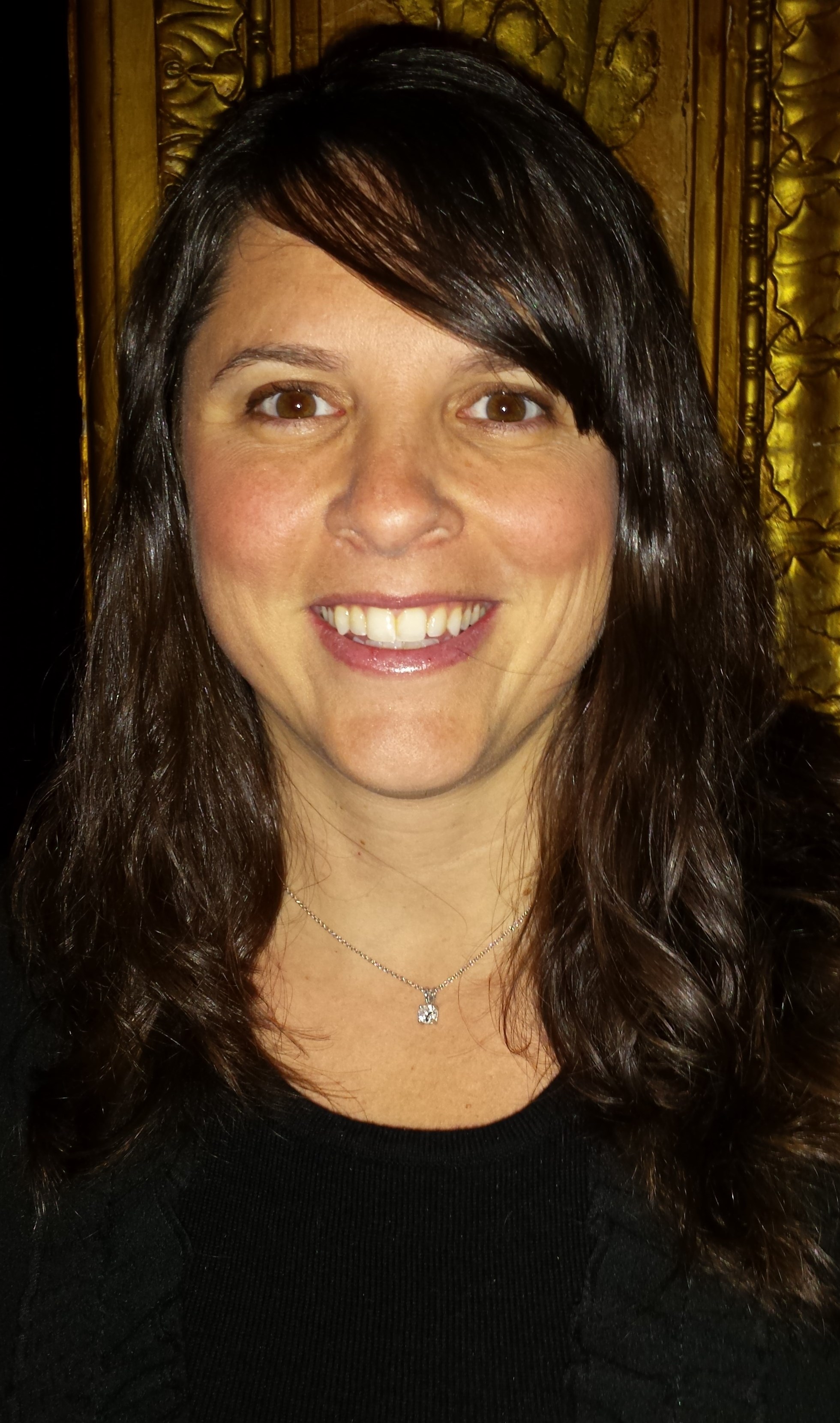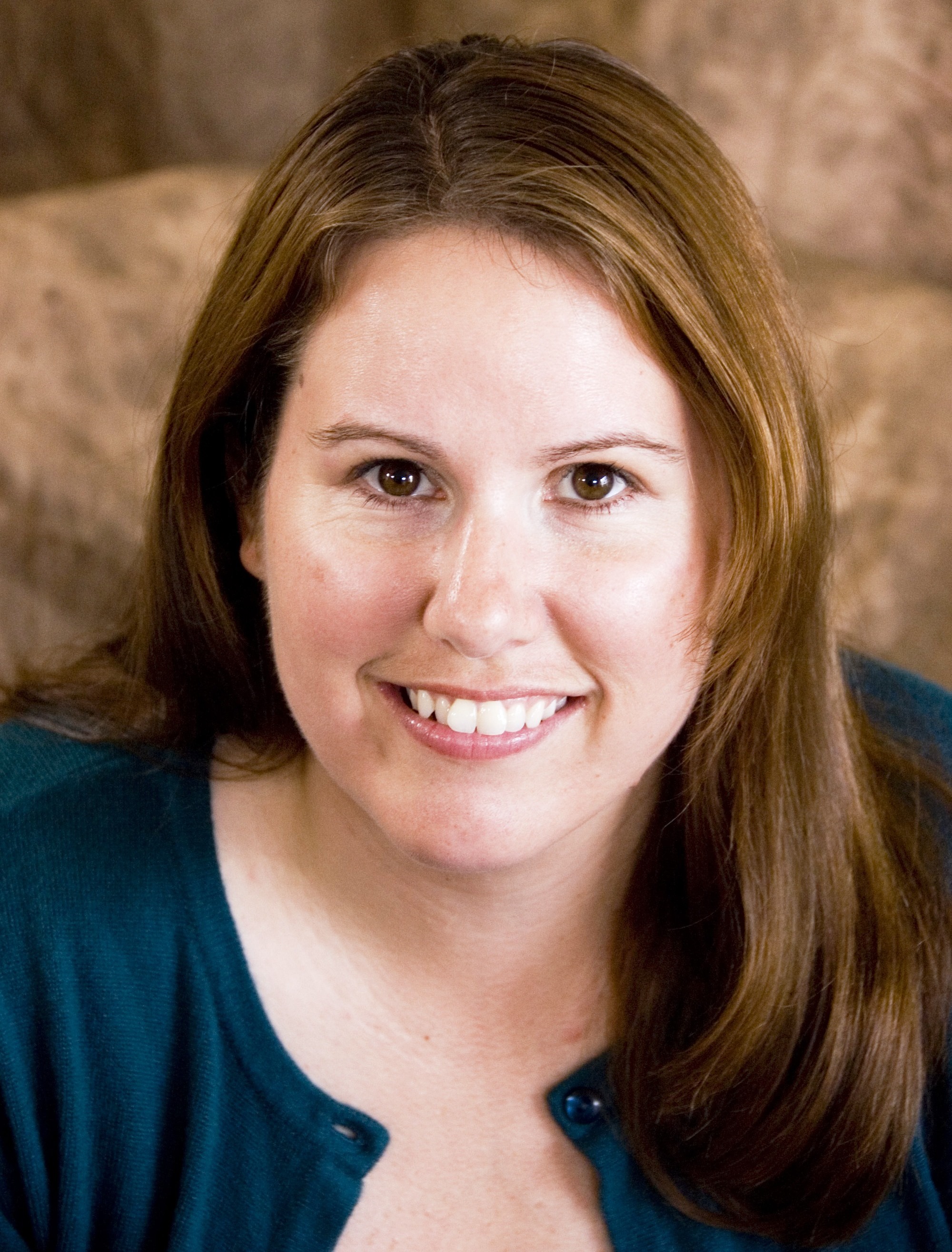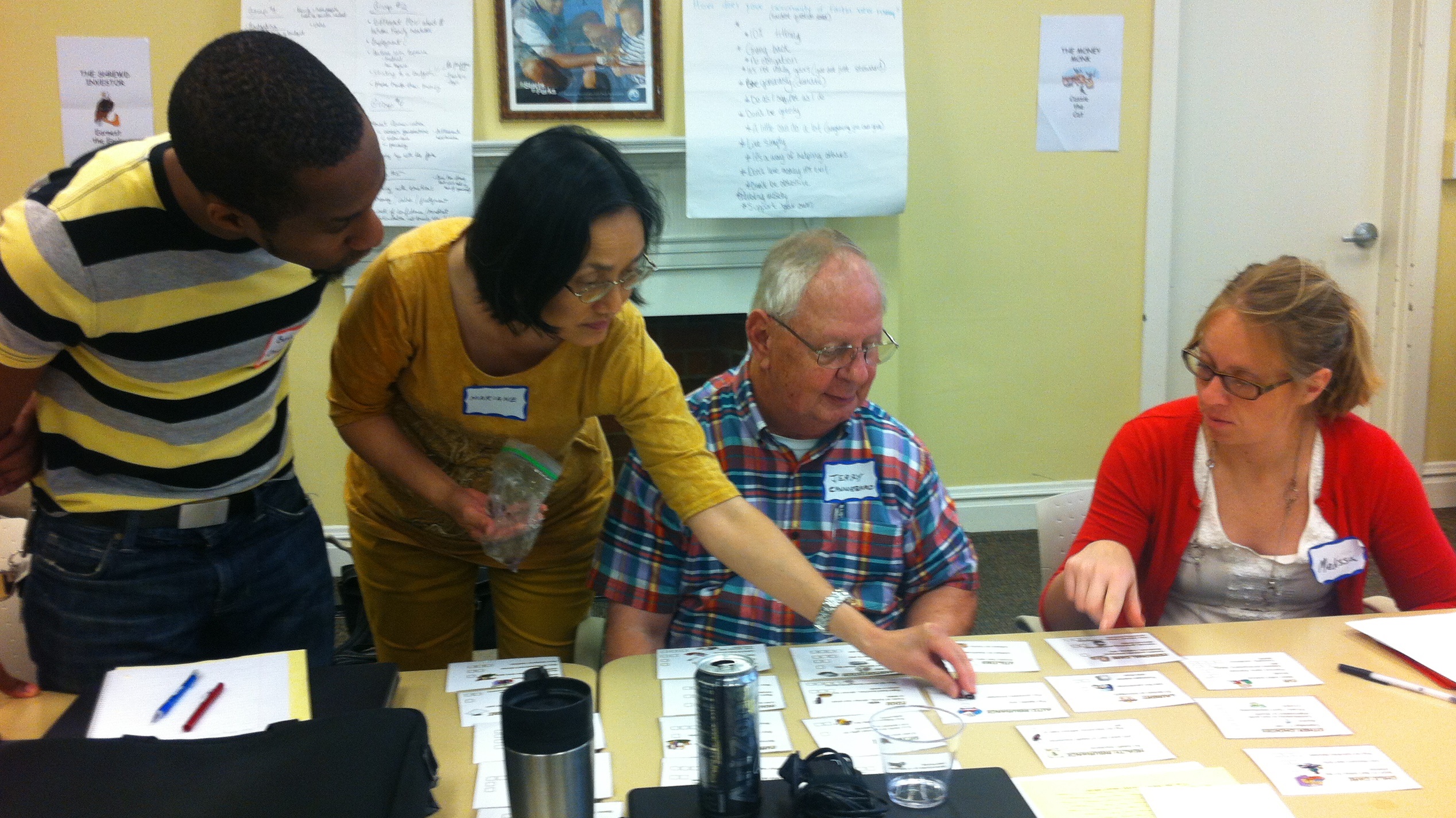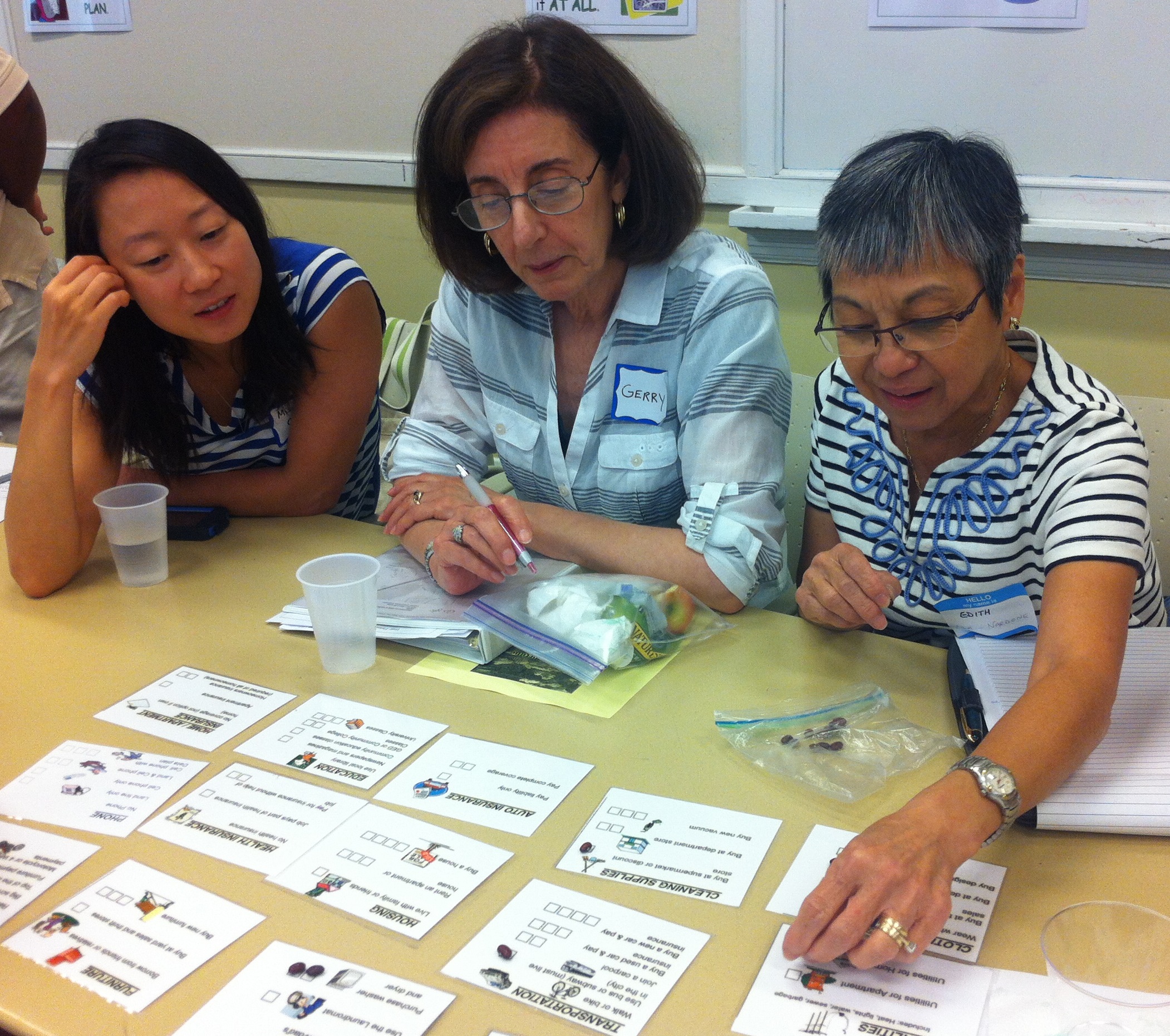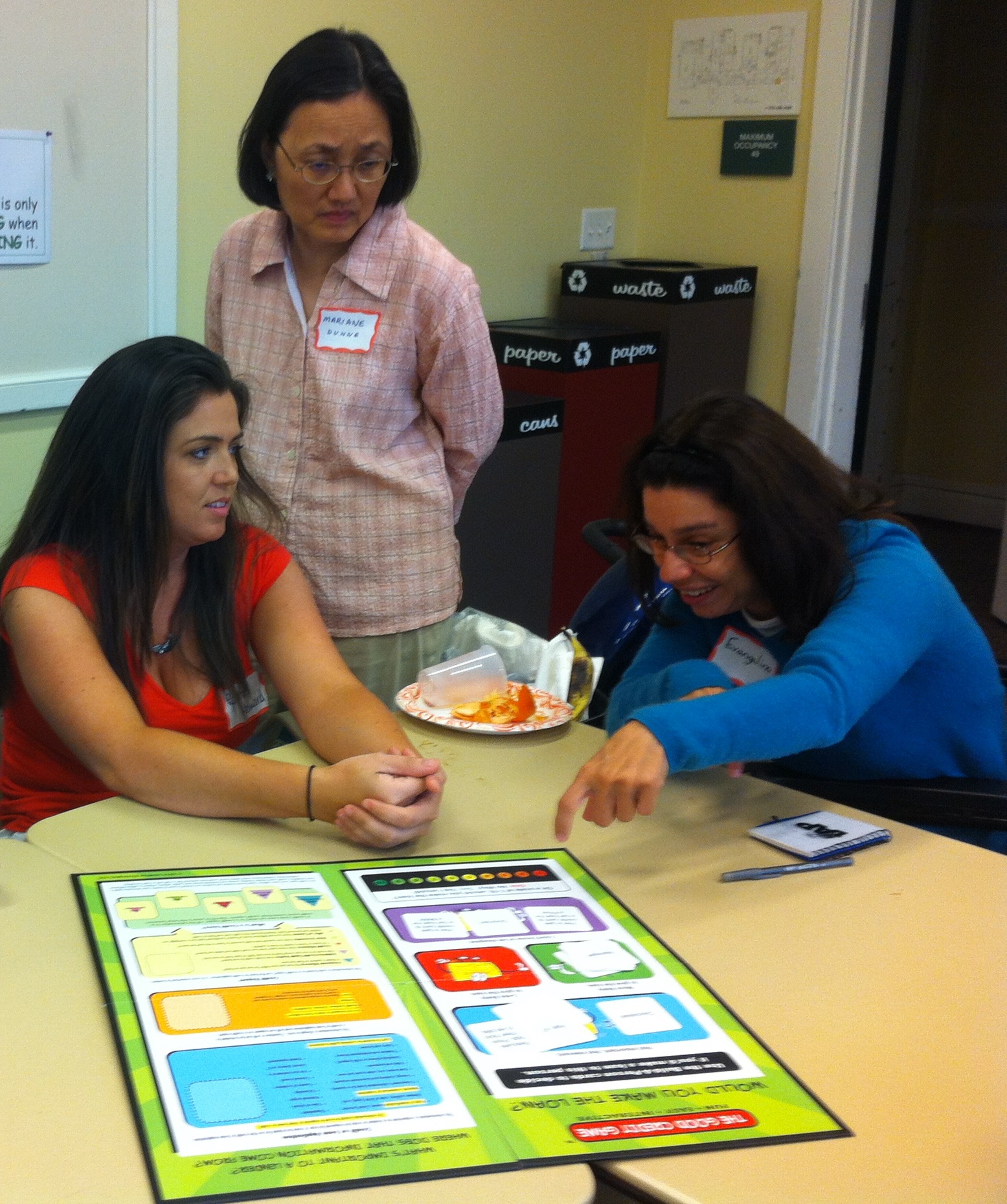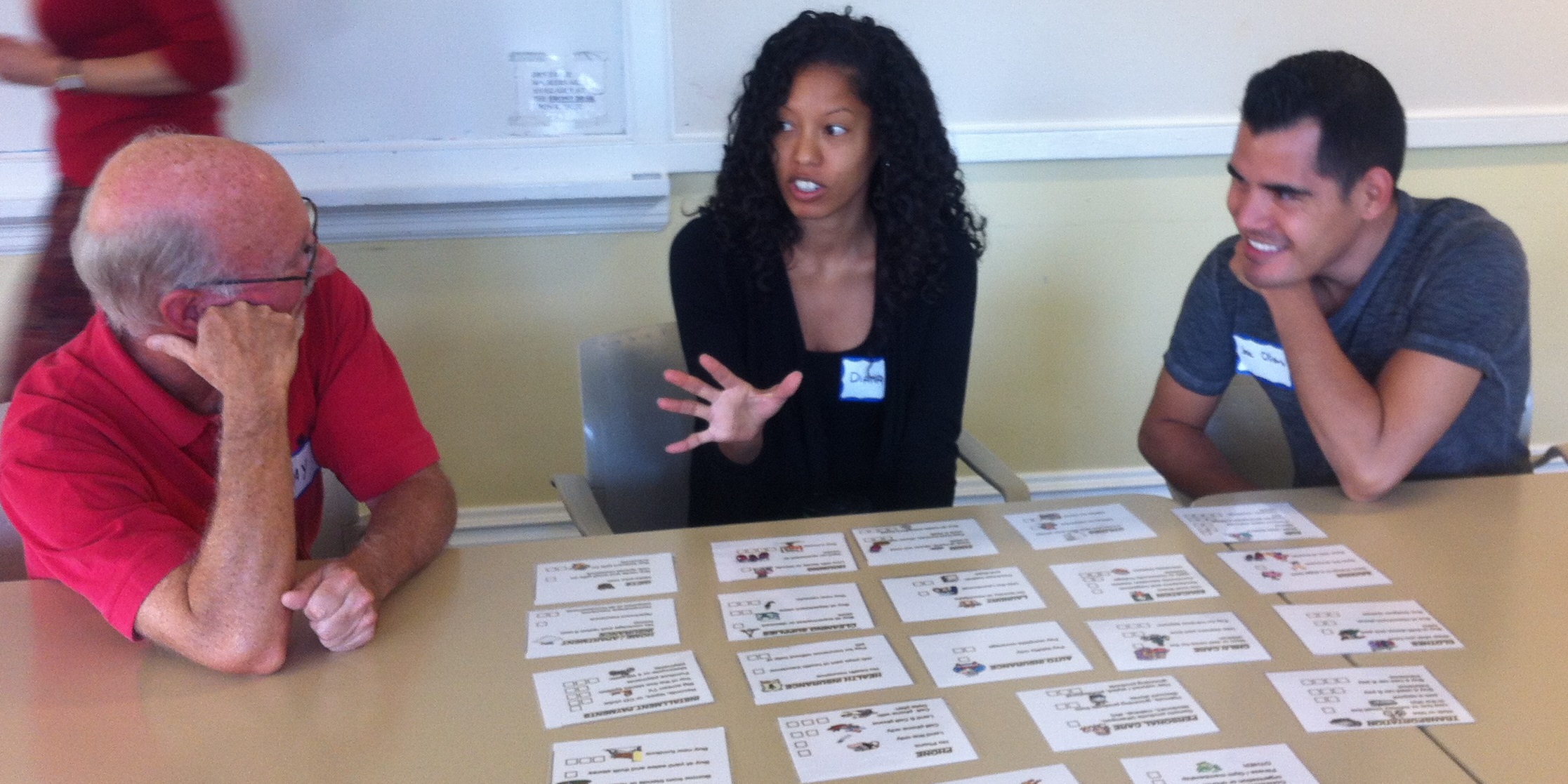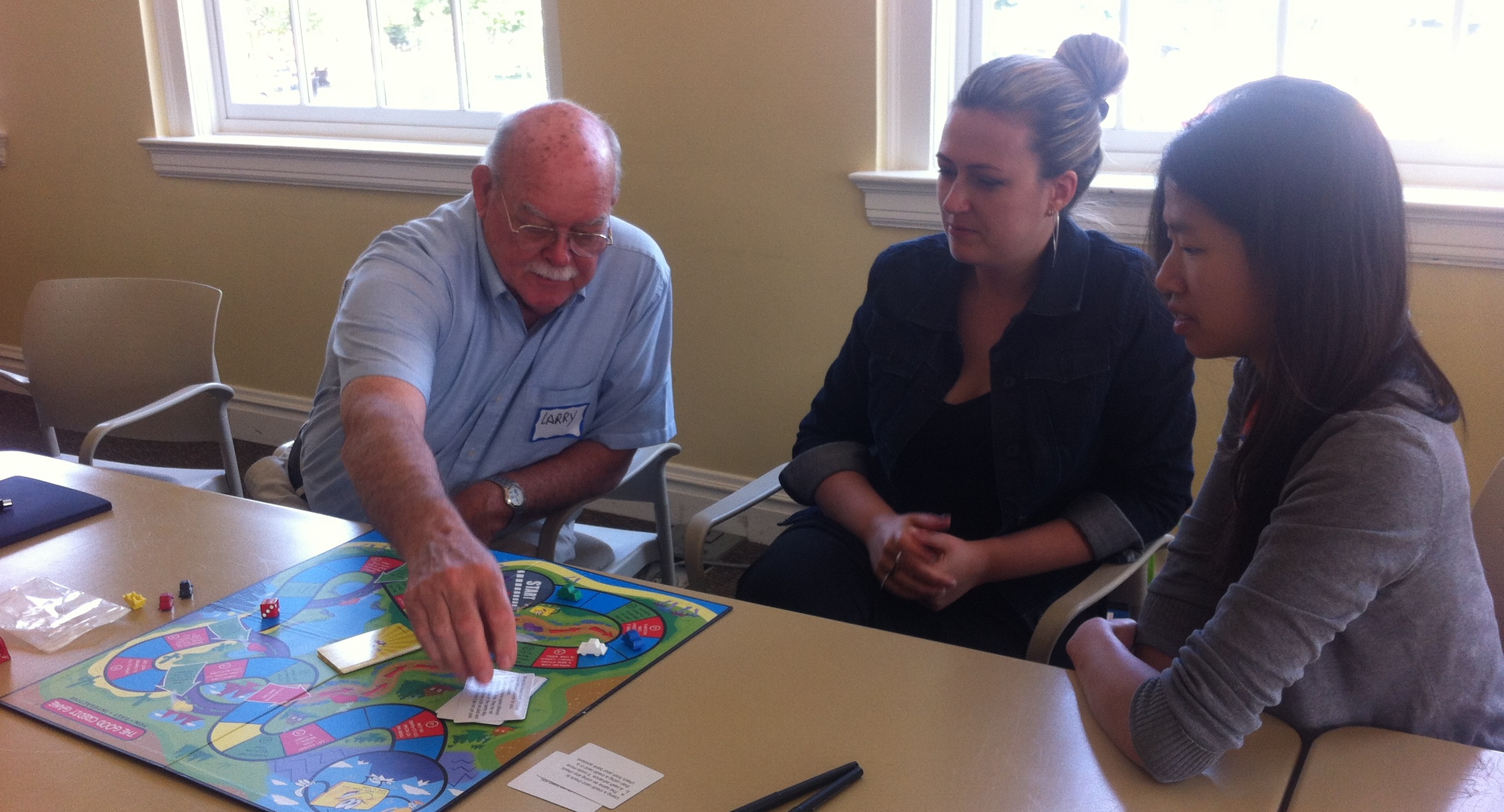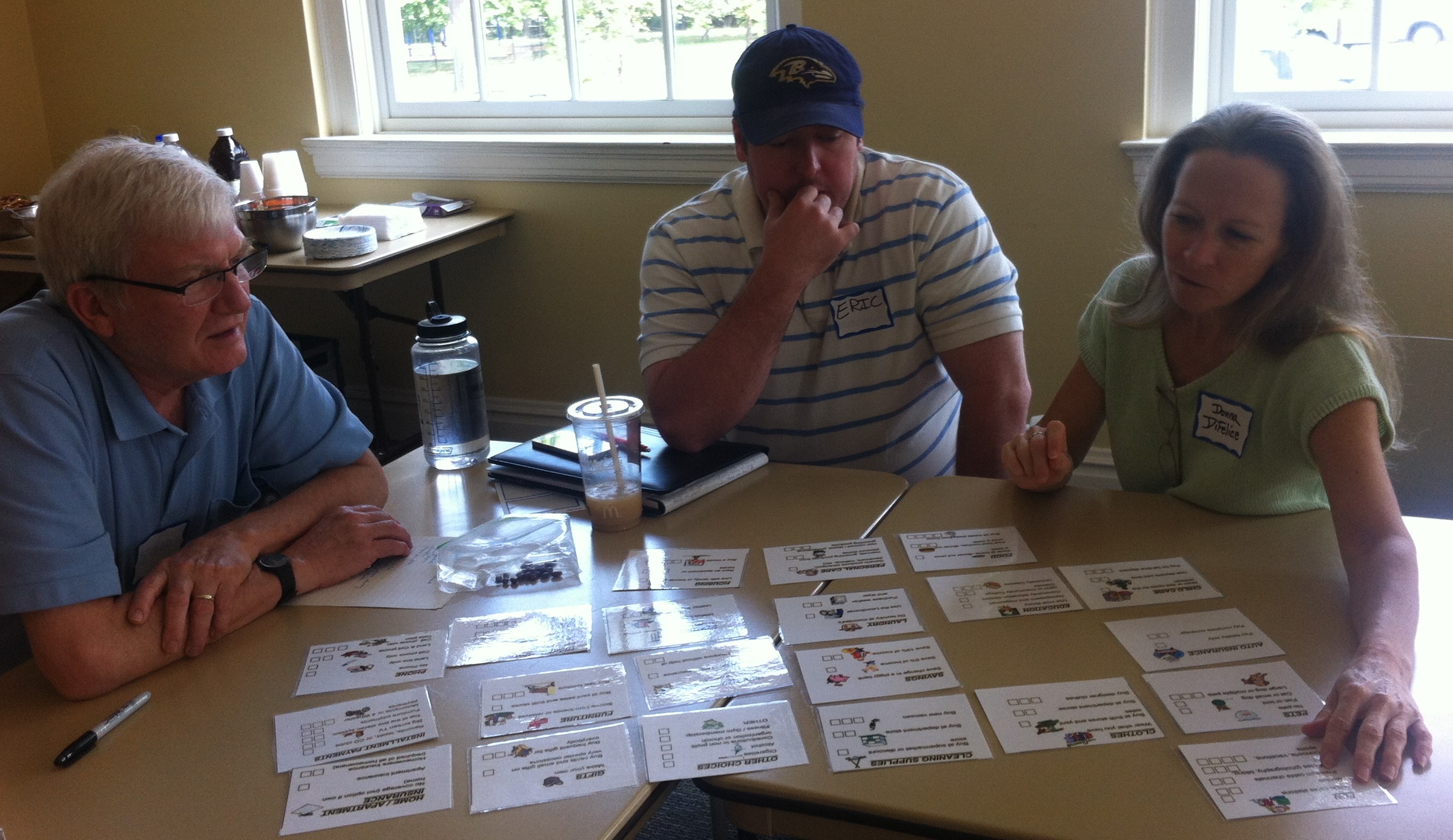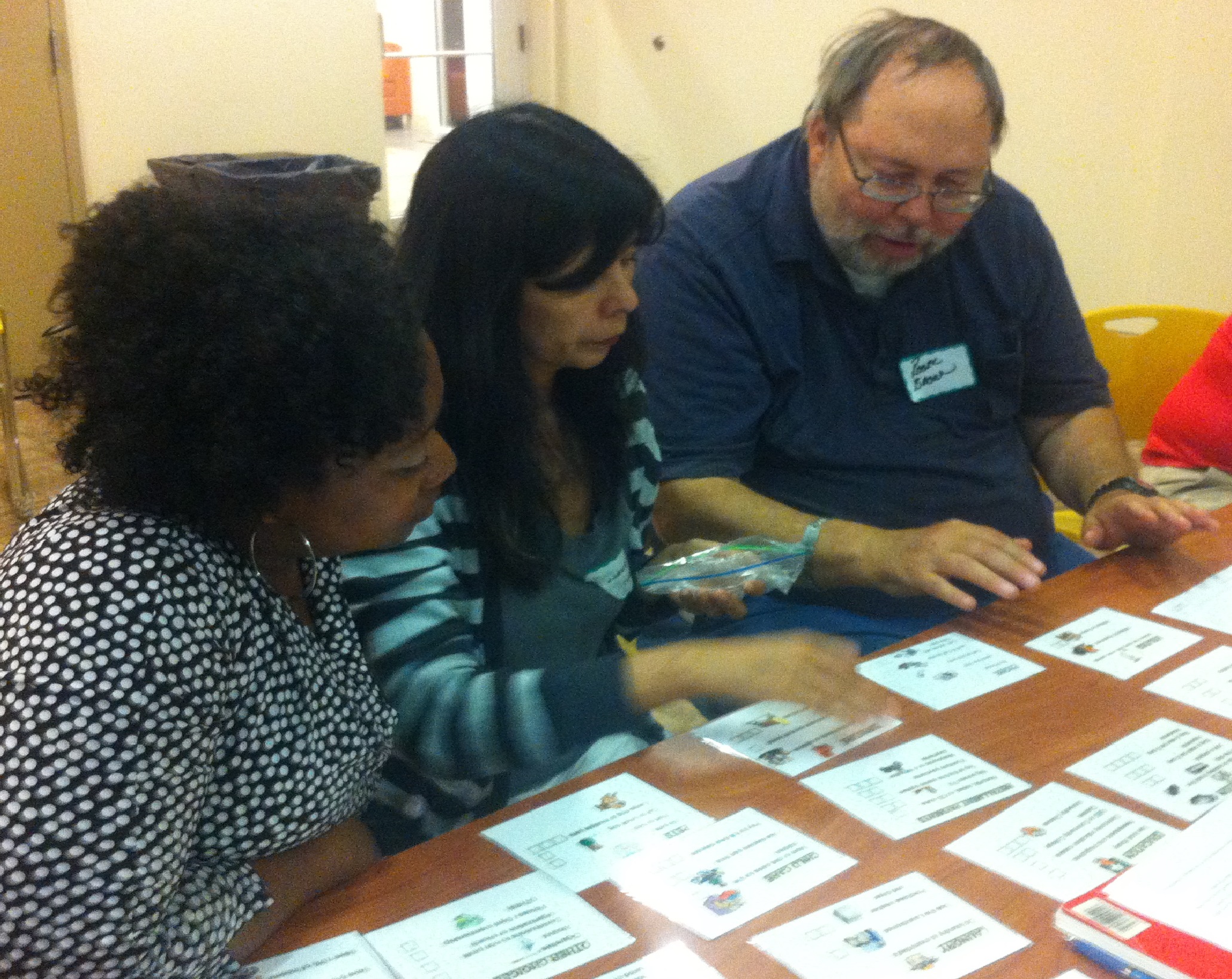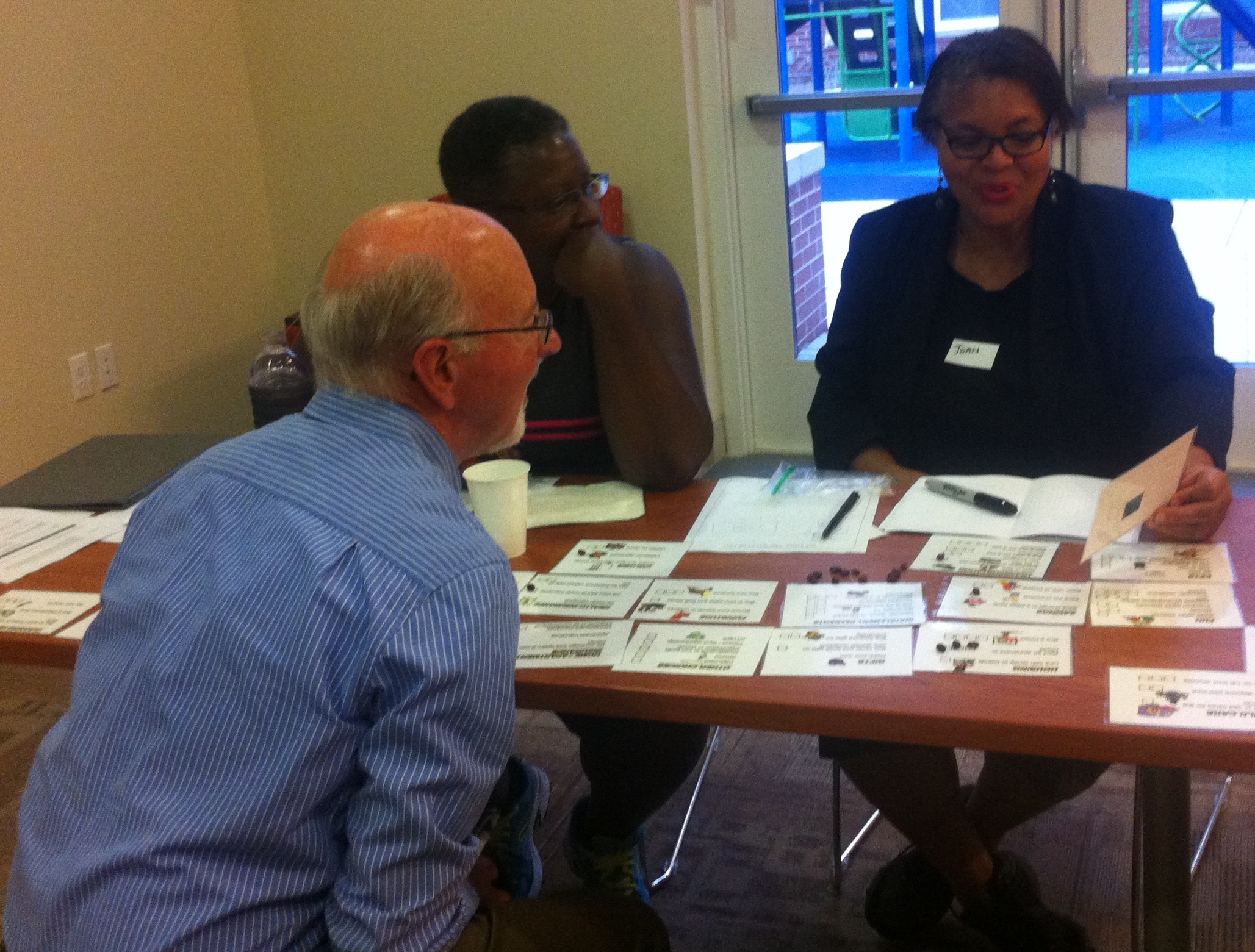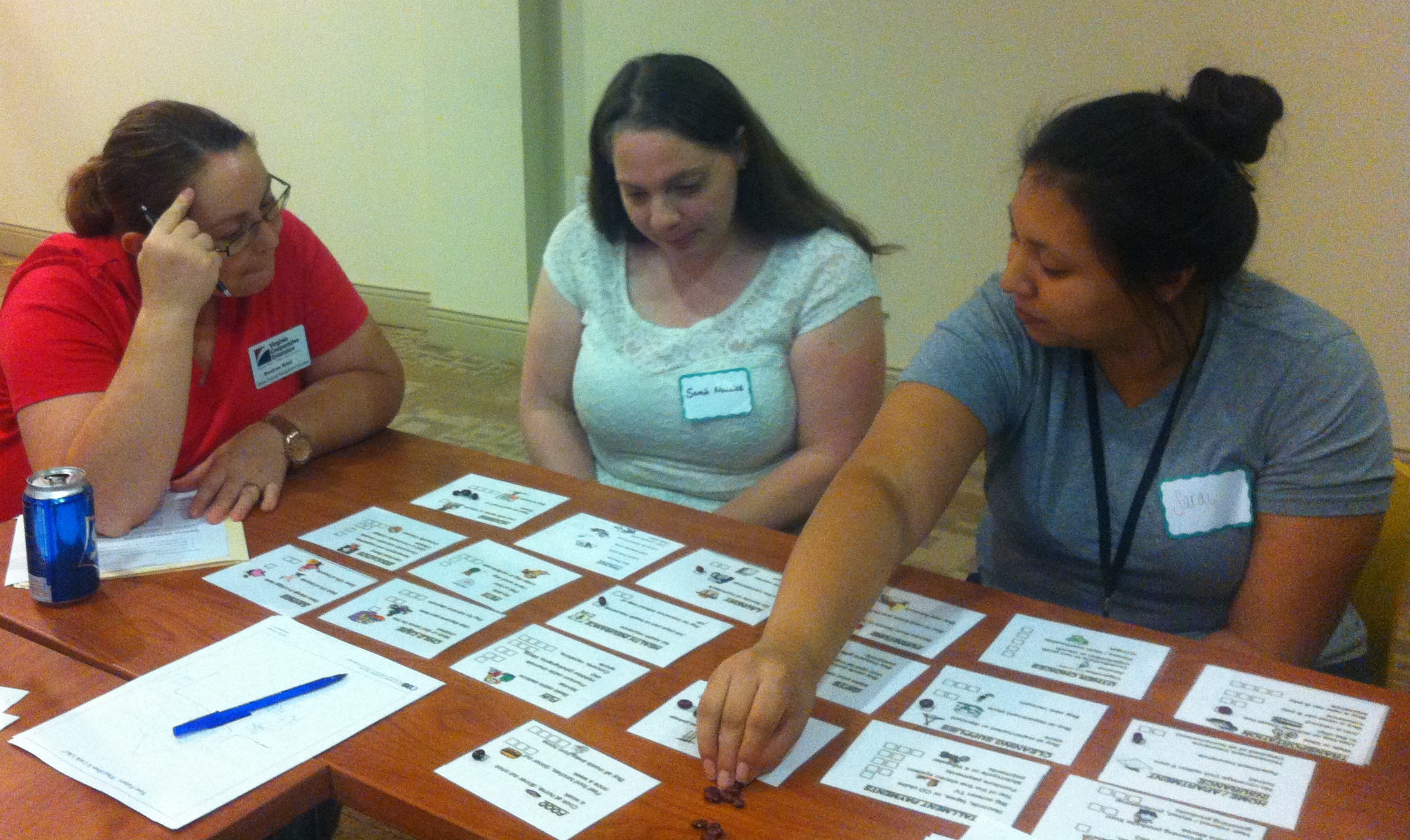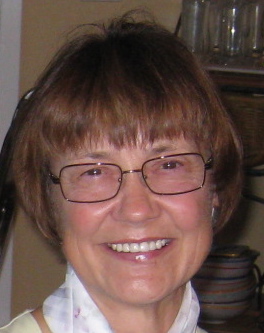Our volunteers rock. Want proof? Meet Jen Lanouette
Name: Jen Lanouette
Lives: Arlington
Works: Social Work Student at Catholic University
Master Financial Education Volunteer Since: May 2013.
Jen Lanouette has been coaching clients since she became a Master Financial Education Volunteer. She enjoyed one-on-one coaching so much, it helped spark a career change.
Q: What are you studying in grad school?
A: Social work. The Master Financial Education Volunteer program — working with clients one-on-one — is one of the things that prompted me to make a career change.
Q: What advice do you have for your financial coaches who are meeting with a new client for the first time?
A: Really listen to your client and what they see as their problem and challenges. Go at the pace they set. As volunteers, we are armed with a lot of information. But it is important to respect where your client is in the process.
Also, don’t be afraid to do additional research. Spend additional time gathering more information about challenges your client is facing. It’s important to keep learning about things that are specific to your client.
Q: What’s your favorite thing to save for?
A: I like to save for long-term priorities, like my daughter’s education and my family’s retirement. Savings to travel is another thing we prioritize. We are Outer Banks fans, so we try to save for a beach vacation.
Q: What’s your favorite money motto?
A: If you stick your head under the covers, it is not going to go away. When people don’t like financial stuff, there is a tendency to avoid it. The only way to deal with it is to dig in and start dealing with it.
Q: What do you do for fun?
A: I really enjoy cooking. It’s probably my favorite hobby. And reading.
Q: What was the last book you couldn’t put down?
A: The Working Poor: Invisible in America and Broke, USA: From Pawnshops to Poverty, Inc. – How the Working Poor Became Big Business. Broke, USA is an analysis of payday loans, check cashing and rent-to-own businesses. It was really fascinating how predatory financial practices can be. The book profiled a lot of aggressive mortgage policies. For example, offering low income people mortgages and charging between 10 percent, 20 percent and 30 percent of the loan in upfront fees.
To nominate a Master Financial Education Volunteer for the spotlight, please email Megan Kuhn at Megan.Kuhn@vt.edu.

